Top apps for small businesses
In today’s digital age, apps are a part of doing business, and there’s an app for just about every business operation. You’re likely already using several apps in your day-to-day work, but could you be getting even more value from your digital tools?
The ways apps can support your small business
Whether you’re looking for help managing projects, employees, marketing, invoices, or emails, the right apps make a significant difference. They simplify complex tasks, automate processes, and provide valuable insights —helping businesses save time, reduce costs, and improve efficiency.
This support is especially critical for small businesses, which often operate with less staff and resources on hand than larger businesses.
From scheduling to invoicing, there’s an app for virtually every business need. Here’s a list of the best apps for small businesses, categorized for your convenience.
The best apps for just about everything a small business needs
Custom solution
1. Jotform Apps
- Key features: no-code custom app creation, 700-plus app templates, form and table hosting, payment processing, accessible from any device
- Pros: easy to use, 240-plus software integrations, connection with suite of Jotform tools
- Cons: a custom app-building platform rather than a premade business solution
- Pricing: free plan; three paid, single-user plans: Bronze ($34 per month), Silver ($39 per month), Gold ($99 per month); Enterprise (contact sales for pricing)
- Platforms: iOS, Android, web, desktop
- Ratings: 4.7 on G2
Looking to create a custom app solution for your small business? Then Jotform Apps might be the right tool for you. It’s a drag-and-drop, no-code app builder that empowers business owners to streamline operations with custom apps and seamless integration capabilities.
Build an app from scratch or customize a template from an extensive library. You can use your apps to host business forms and tables, serve as online storefronts, manage e-signature collection, and so much more.
With a wealth of software integrations, payment processors, and widgets at your fingertips, you can create powerful apps that align with your business needs. If you’re interested in learning more, head to the end of this article for more information.
If you’re looking for a tool that can help you manage business forms and data collection, Jotform’s simple drag-and-drop Form Builder might also be what you’re looking for.
Time management
2. Todoist
- Key features: task lists, deadline tracking, project management, reminders, priority levels
- Pros: user-friendly interface, cross-platform syncing, 80-plus software integrations
- Cons: fewer features than other project management platforms
- Pricing: Beginner (free), Pro ($4 per month), Business ($6 per month)
- Platforms: iOS, Android, web, desktop, Apple Watch, Wear OS
- Ratings: 4.8 on Apple’s App Store, 4.5 on Google Play
Todoist is an app for managing tasks and to-do lists. Its user-friendly interface and cross-platform syncing make tasks accessible across devices and locations. You can share tasks, projects, and deadlines with your team; track work in calendar layouts; organize projects in folders; and quickly start new projects with helpful templates.
3. Trello
- Key features: kanban boards, task assignments, due dates, alternate project views
- Pros: visual and intuitive interface, automation tools, software integrations
- Cons: limited advanced features compared to some competitors
- Pricing: free plan, Standard ($5 per user, per month when billed annually), Premium ($10 per user, per month when billed annually), Enterprise (cost depends on number of users; minimum of 50 users starts at $17.50 per user, per month when billed annually)
- Platforms: iOS, Android, web, desktop
- User ratings: 4.4 on Apple’s App Store, 3.9 on Google Play
Trello’s visually appealing and intuitive interface allows teams to see the big picture of their projects at a glance. Its flexible boards, lists, and cards enable businesses to organize projects and tasks seamlessly, fostering collaboration and ensuring everyone stays on the same page. Whether you’re juggling daily to-dos or input from multiple team members, Trello keeps things moving smoothly and efficiently.
Team collaboration
4. Slack
- Key features: team communication channels, chat and messaging, file sharing, software integrations
- Pros: collaborative workspaces, audio and video calls, real-time messaging, simple interface
- Cons: data deleted after a year on free plan
- Pricing: free plan, Pro ($8.75 per user, per month), Business+ ($15 per user, per month), Enterprise Grid (contact sales for pricing); annual plans also available but pricing isn’t visible on website
- Platforms: browser, desktop, iOS, Android
- User ratings: 3.7 on Apple’s App Store, 3.7 on Google Play
Slack optimizes workplace communication by bringing all your conversations into one dynamic platform. It replaces clunky email threads with real-time messaging and project channels, making it easier for teams to share ideas, files, and feedback instantly. With its organized workspaces and powerful integrations, Slack keeps everyone connected and informed.
5. Google Workspace
- Key features: suite of productivity apps, including Gmail, Drive, Docs, Sheets, and Meet
- Pros: easy to use, robust free tools
- Cons: lack of offline support for most apps; no desktop apps
- Pricing: Business Starter ($6 per user, per month), Business Standard ($12 per user, per month), Business Plus ($18 per user, per month), Enterprise (contact sales for pricing)
- Platforms: web, iOS, Android
- User ratings: check reviews and ratings for individual Google products
Google Workspace offers a powerhouse of productivity tools to enhance collaboration and efficiency, whether you’re looking for solutions to data management, document creation, video meetings, or something else. With its suite of cloud-based apps, Google Workspace can help teams work together in real time from anywhere in the world. The seamless integration across tools and ease of use help businesses stay agile, responsive, and connected.
Employee management
6. Gusto
- Key features: payroll management, benefits administration, employee self-service portal, time tracking
- Pros: tax filing, hiring and onboarding support, contractor payment, software integrations
- Cons: time tracking only available as paid add-on on most affordable plan
- Pricing: Simple ($40 per month plus $6 per user), Plus ($80 per month plus $12 per user), Premium ($180 per month plus $22 per user); discounts available for first three months
- Platforms: web, employee-facing mobile app for iOS and Android
- Ratings: 4.5 on G2, 4.6 on Capterra
Gusto simplifies the complexities of human resources services, making it easy for small businesses to manage HR processes with features like automated payroll processing, comprehensive benefits administration, offer letter templates, time and attendance tracking, time-off management, and more. Gusto handles the heavy lifting so business owners can focus on what they do best.
7. Rippling
- Key features: payroll automation, benefits administration, time and attendance tracking, identity and access management
- Pros: comprehensive HR solution, 401(k) integrations, surveys, learning management, time-off features
- Cons: large feature set might be too complex and expensive for small businesses; mediocre ratings for mobile app
- Pricing: contact sales for pricing
- Platforms: web, iOS, Android
- Ratings: 4.8 on G2, 4.9 on Capterra
Rippling is a comprehensive platform with features for payroll, IT management, recruiting, benefits, and more. Users can onboard new hires, conduct employee surveys, manage benefits, conduct performance reviews, build hiring processes, upload learning courses, and even set up company devices.
Marketing
8. Canva
- Key features: design and content creation, design templates, photo and video editing, social media graphics, team design collaboration
- Pros: easy-to-use interface, extensive template library, generous free options, AI design assistance
- Cons: printable CMYK files not available on free plan
- Pricing: free plan, Pro ($120 per year, single user), Teams ($100 per user, per year, minimum of three people), Enterprise (contact sales for pricing)
- Platforms: web, desktop, iOS, Android
- Ratings: 4.7 on Apple’s App Store, 4.8 on Google Play
Canva makes design accessible for everyone, regardless of their creative skills. This tool empowers businesses to create stunning visuals, whether social media graphics, marketing materials, presentations, or documents, among others. With an array of customizable templates and an intuitive drag-and-drop interface, Canva can help businesses elevate their branding and communication.
Pro Tip
Building your business website in Canva? Try Jotform for Canva to create custom Canva forms that perfectly match your style!
9. Hootsuite
- Key features: social media publishing and scheduling, analytics, social media management inbox
- Pros: support for multiple social media platforms, robust analytics, brand mention monitoring, team roles and permissions, automatic link tracking
- Cons: more than three users requires Enterprise plan
- Pricing: Professional ($99 for per month for one user), Team ($249 per month for three users), Enterprise (contact sales for pricing); monthly pricing also available but not visible on website
- Platforms: web, iOS, Android
- Ratings: 4.7 on Apple’s App Store, 3.8 on Google Play
Hootsuite takes the hassle out of social media management, providing a robust platform for scheduling, monitoring, and analyzing your social presence. By letting you manage multiple accounts from a single dashboard, Hootsuite saves time and ensures consistent, quick engagement with your audience. Its comprehensive analytics offer valuable insights, helping businesses refine their strategies and maximize their social media impact with minimal effort.
Invoice management and accounting
10. FreshBooks
- Key features: digital invoicing, time tracking, client management, bookkeeping, financial reporting
- Pros: reporting dashboards, online payment management, accounting metrics, automated bank reconciliation
- Cons: client number limited on less expensive plans
- Pricing: Lite ($19 per month), Plus ($33 per month), Premium ($60 per month), Select (contact sales for pricing); discounts available for first six months of subscription
- Platforms: web, iOS, Android
- Ratings: 4.5 on G2, 4.5 on Capterra
FreshBooks is perfect for service-based businesses looking for an easy-to-use accounting solution. Its emphasis on simplicity and efficiency makes invoicing, payments, and client management a breeze. The platform supports financial reporting and processes like proposals, estimates, time tracking, and more.
11. QuickBooks
- Key features: invoicing, expense tracking, payroll, reporting, bill management, inventory management
- Pros: time tracking, customizable reports, team management, job costing
- Cons: features are available as separate plans with individual pricing
- Pricing: pricing depends on the exact product or product combination you’re interested in; see QuickBooks website for details
- Platforms: web, desktop, iOS, Android
- Ratings: 4.0 on G2, 4.4 on Capterra
QuickBooks offers a range of accounting and payment management products that businesses can use to oversee project costs, bills, and invoices; handle payroll, time tracking, and taxes; and more. The platform is designed to grow with your business, meeting all your accounting needs under one roof.
12. Wave
- Key features: invoicing, receipts, payroll, advisor support, full-featured accounting
- Pros: smart dashboard to prepare you for tax time, automatic importing from bank accounts, accounting reports, limited free plan
- Cons: some user reviews mention issues with customer support; live customer support not available for free
- Pricing: free plan, Pro plan ($16 per month)
- Platforms: web, iOS, Android
- Ratings: 4.4 on Apple’s App Store, 4.8 on Google Play
Wave is an accounting, invoicing, and payroll software that offers great value with its free tier, making it an attractive option for startups and small businesses. Its user-friendly interface simplifies essential tasks like invoicing and receipt management so you’re always ready for tax time. Automatically link your bank accounts, monitor business income, pay employees and contractors, generate tax forms, and more.
Project management
13. Asana
- Key features: project and task management, project tracking, timelines, software integrations, workflow automation
- Pros: multiple project views, team assignments, deadline tracking, reporting dashboards, strong free plan
- Cons: some features, like time tracking, limited to more expensive plans
- Pricing: free plan, Starter ($10.99 per user, per month), Advanced ($24.99 per user, per month), Enterprise and Enterprise+ plans (contact sales for pricing)
- Platforms: web, desktop, iOS, Android
- Ratings: 4.7 on Apple’s App Store, 4.1 on Google Play
Asana transforms project management into a streamlined, intuitive process. With its clear visual layout and flexible task management features, Asana helps businesses coordinate their projects, prioritize tasks, and collaborate effectively. By centralizing work in one place, it reduces the chaos of juggling multiple responsibilities, allowing teams to focus on completing projects.
14. monday.com
- Key features: project management, goal setting, business operations tools, customizable workflows, software integrations
- Pros: organize projects into portfolios, generate advanced reporting, manage team workloads, track strategic objectives
- Cons: free plan allows only two users
- Pricing: free plan, Basic ($9 per user, per month when billed annually), Standard ($12 per user, per month when billed annually), Pro ($19 per user, per month when billed annually), Enterprise (contact sales for pricing)
- Platforms: web, desktop, iOS, Android
- User ratings: 4.8 on Apple’s App Store, 4.9 on Google Play
This platform features a vibrant and user-friendly interface that empowers teams to track progress, assign tasks, and collaborate seamlessly. With monday.com, businesses can tailor their project management approach to fit their unique needs, syncing their projects, resources, and goals, and ensuring every team member is aligned and working efficiently toward shared objectives.
Customer relationship management (CRM)
15. HubSpot
- Key features: all-in-one customer management platform, contact management, email tracking, sales pipeline, automation, social media agents, analytics
- Pros: comprehensive and scalable customer platform
- Cons: multitude of products and features, cost can increase quickly
- Pricing: free plan, pricing depends on product; Starter Customer Platform bundles Starter editions of the six core products for $15 per user, per month when billed annually.
- Platforms: web, iOS, Android
- Ratings: 4.7 on Apple’s App Store for HubSpot CRM app, 4.7 on Google Play for HubSpot CRM app
HubSpot provides a comprehensive suite of tools for managing customer relationships, including marketing, sales, and customer service. Its intuitive platform helps businesses attract, engage, and delight customers by automating tasks and providing insightful data. HubSpot’s all-in-one approach enables businesses to nurture leads and build strong relationships, driving growth and enhancing customer satisfaction.
16. Zoho CRM
- Key features: sales automation, process management, analytics, contact management, workflow automation
- Pros: omnichannel customer engagement, AI assistance, predictive forecasting, sales targets
- Cons: no free plan, AI assistant not available on most affordable plans, automatically generated analytics available only on Ultimate plan
- Pricing: Standard ($14 per user when billed annually), Professional ($23 per user when billed annually), Enterprise ($40 per user, per month when billed annually), Ultimate ($52 per user, per month when billed annually)
- Platforms: web, iOS, Android
- Ratings: 4.5 on Apple’s App Store, 4.5 on Google Play
Zoho CRM is designed for small businesses looking to scale. Create automated workflows, manage customer engagement across channels, oversee performance and data, and take advantage of AI assistant tools for sales predictions, task automation, note-taking, and more.
Jotform — the versatile solution for small business needs
Businesses have different needs, and while there are many specialized apps available, Jotform offers a unique solution that allows you to create customized apps tailored specifically to your requirements.
Whether you need an app to manage HR processes, track inventory, store sales data, or host company policy documents, Jotform’s versatile platform lets you build the perfect tool for your business.
Building your custom app step by step
Here’s how to create your own app with Jotform Apps.
- Create a Jotform account if you don’t have one already. It’s free.
- Once you’re signed in, go to Jotform Apps by clicking the dropdown arrow by My Forms and selecting My Apps.
- Click the Create app button.
- The Create App page will open. Choose Start From Scratch to build a brand-new app, select Use Template to choose from over 700 customizable app templates, or choose Build Store to create a new app with a Product List app element already included. In this instance, we’ll select Start From Scratch.
- The App Builder interface will open. Here, you’ll be able to drag and drop app elements into your app, adjust app settings, and see a live preview of what your app will look like on different devices as you work.
- Click Add Element to add new app elements. Choose from text elements, links, product lists, buttons, videos, forms, and more. You can also add widgets for QR codes, social media websites, and other functions.
- When your app’s design is complete, you can modify settings. Select the Settings tab to see options for adjusting the app’s name and icon, customizing the splash screen, and more.
- When your app is ready, click the Publish tab. Here you’ll find share options, including a link, email invitations, social media links, and more.
Leveraging templates for different small business needs
Jotform Apps offers many templates that you can quickly customize to suit your business needs. Here are some examples.
- HR-related tasks: Manage HR tasks effortlessly with the employee app template.
- Finances: Streamline your financial operations with finance app templates.
- Sales and marketing: Enhance your sales and marketing efforts with sales and marketing portal apps.
- Intranet: Consolidate company forms and documents in one location using the intranet app template.
With Jotform, you have the power to create tailored apps that address your specific business challenges. Its flexible, user-friendly platform allows you to build and deploy powerful solutions without extensive technical skills. Try it for free today.
Photo by Towfiqu barbhuiya

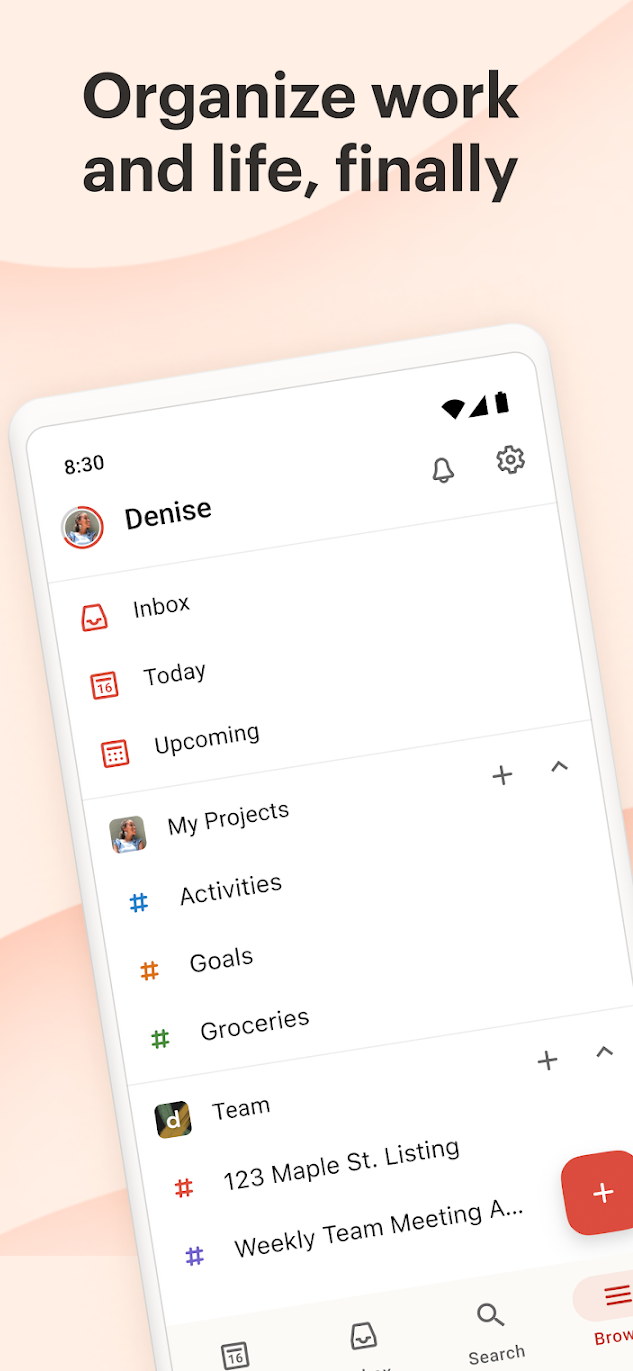
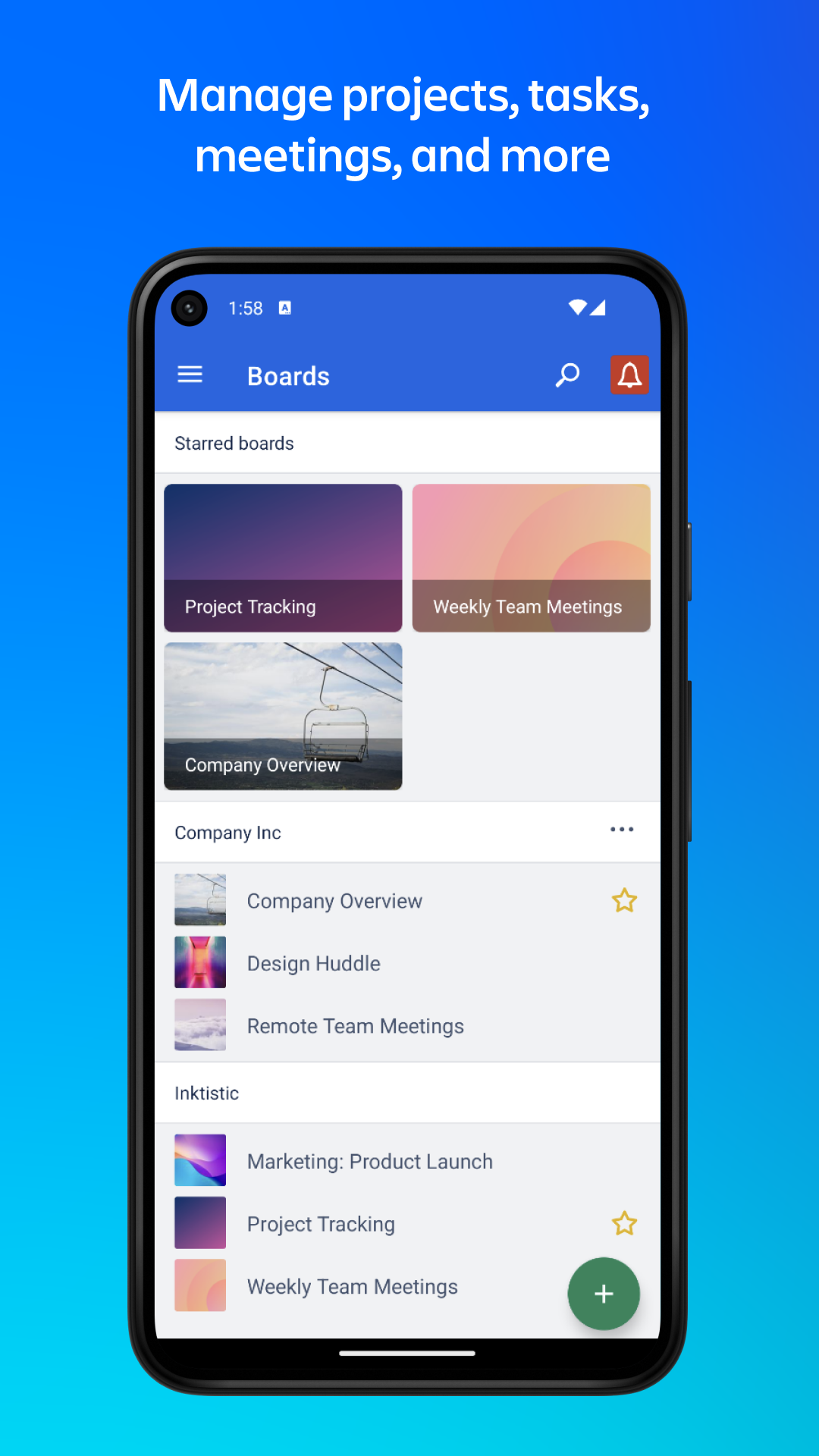
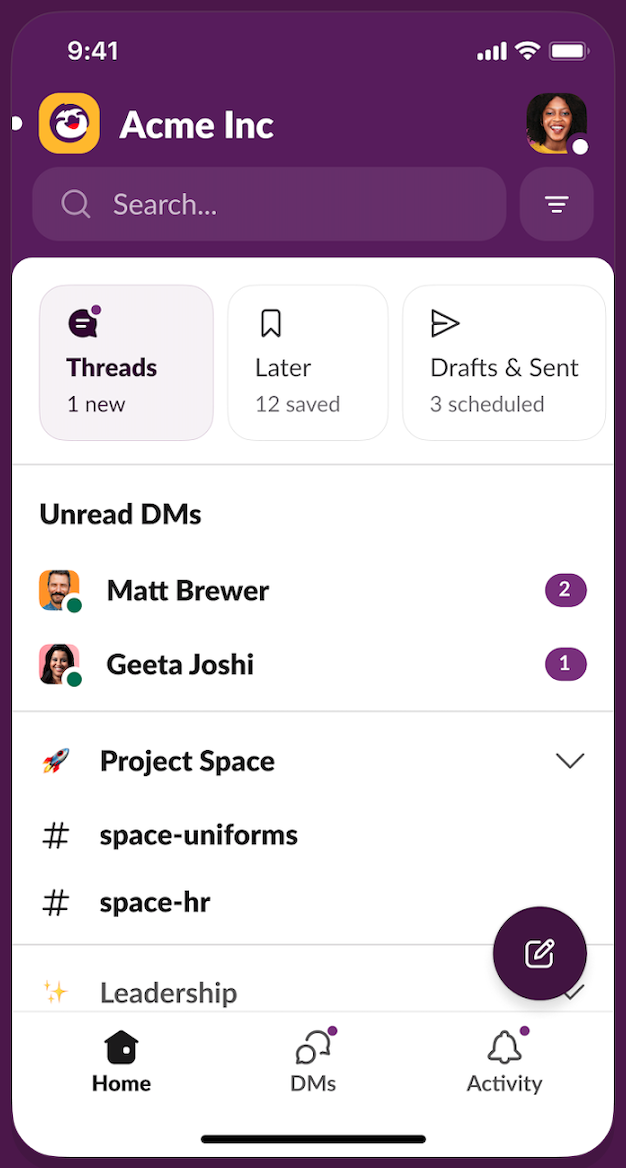
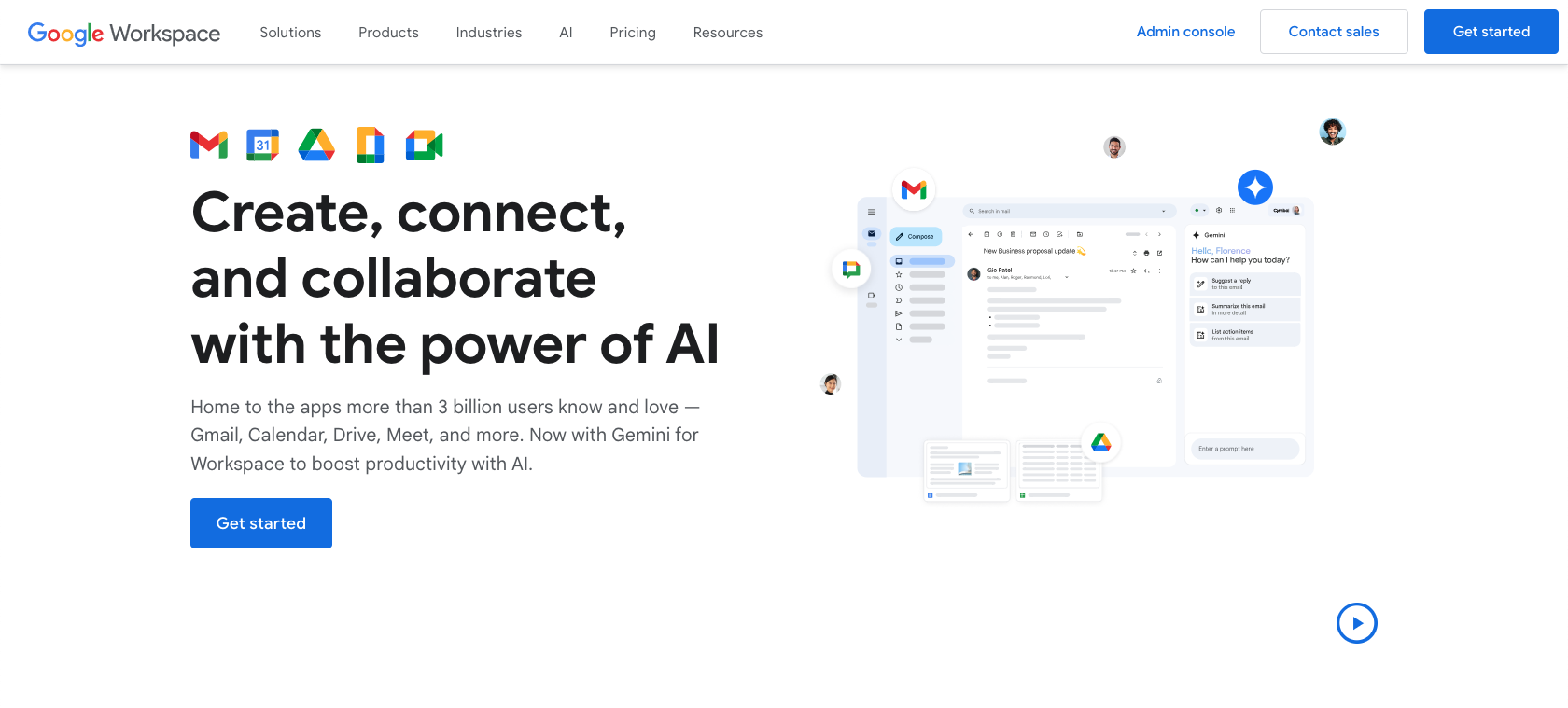
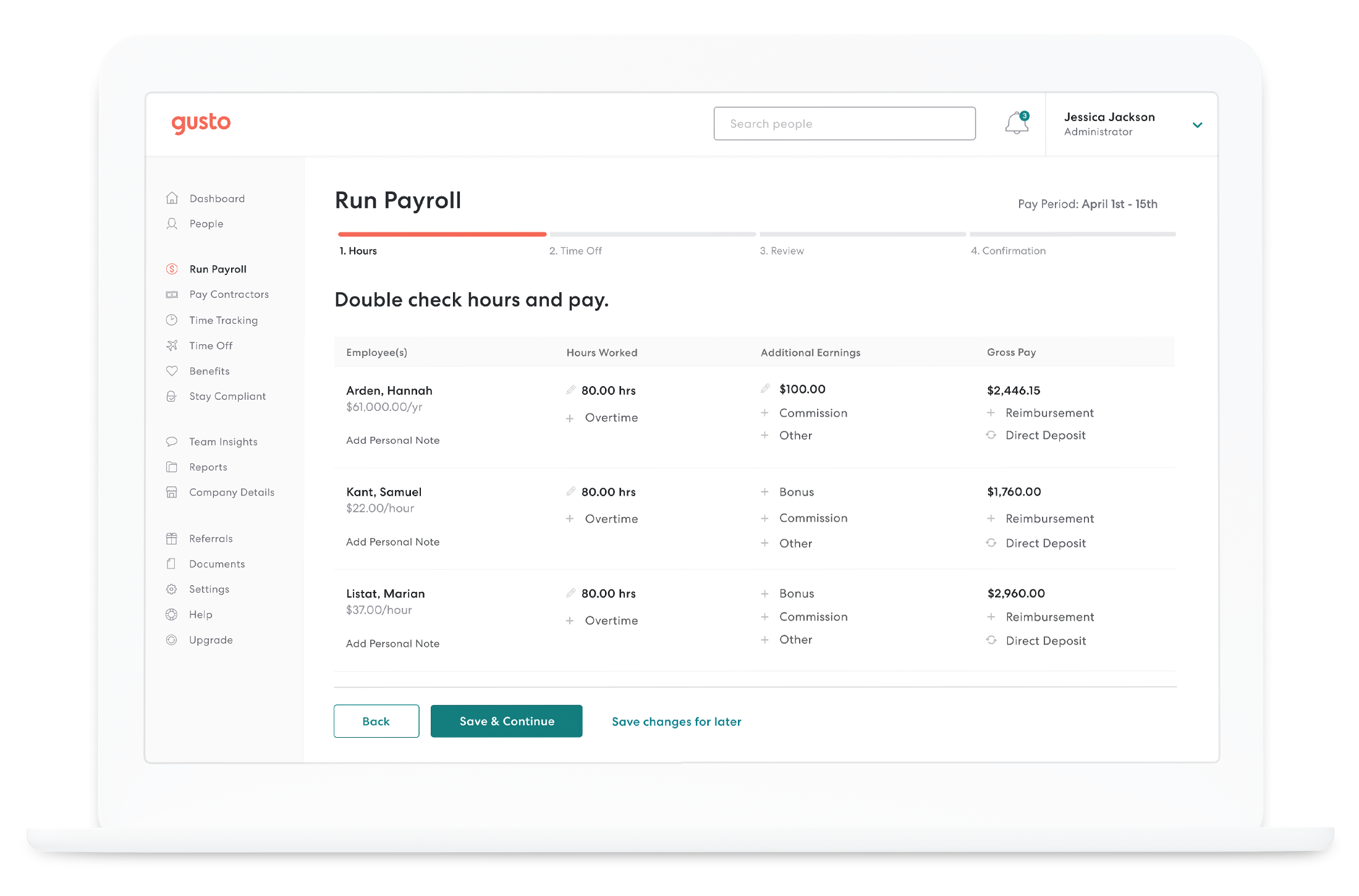
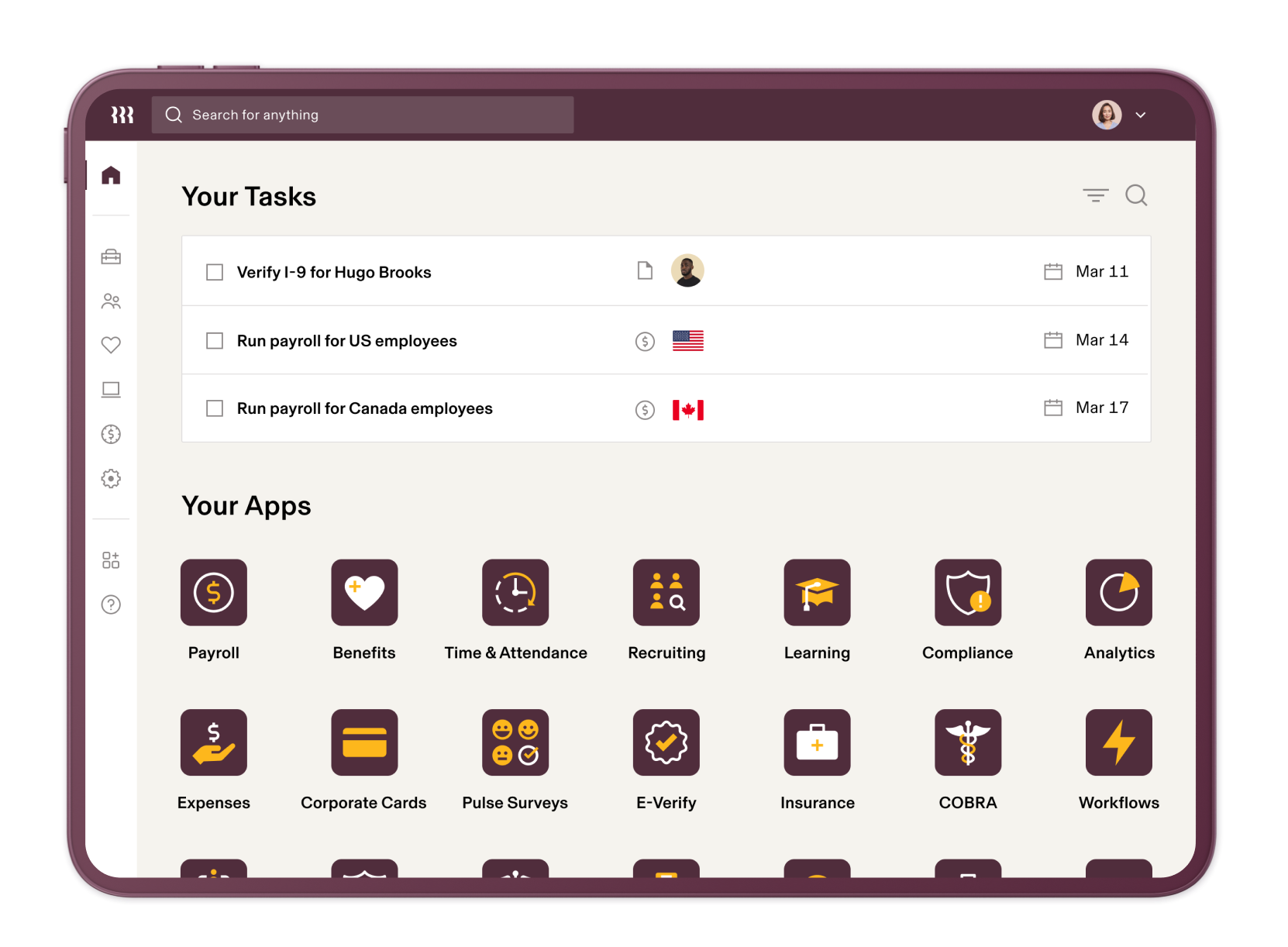
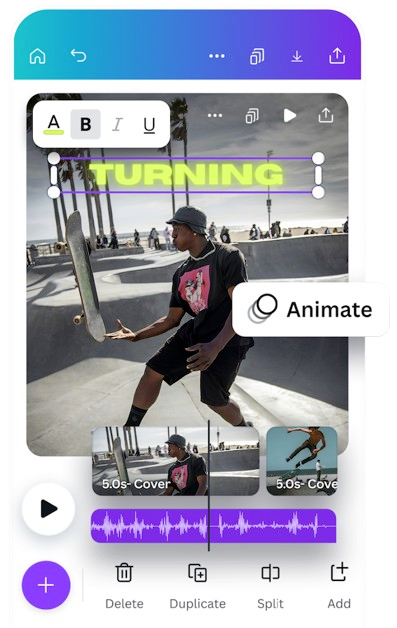
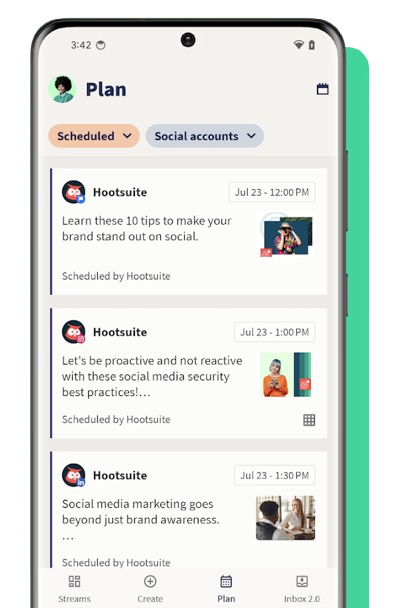
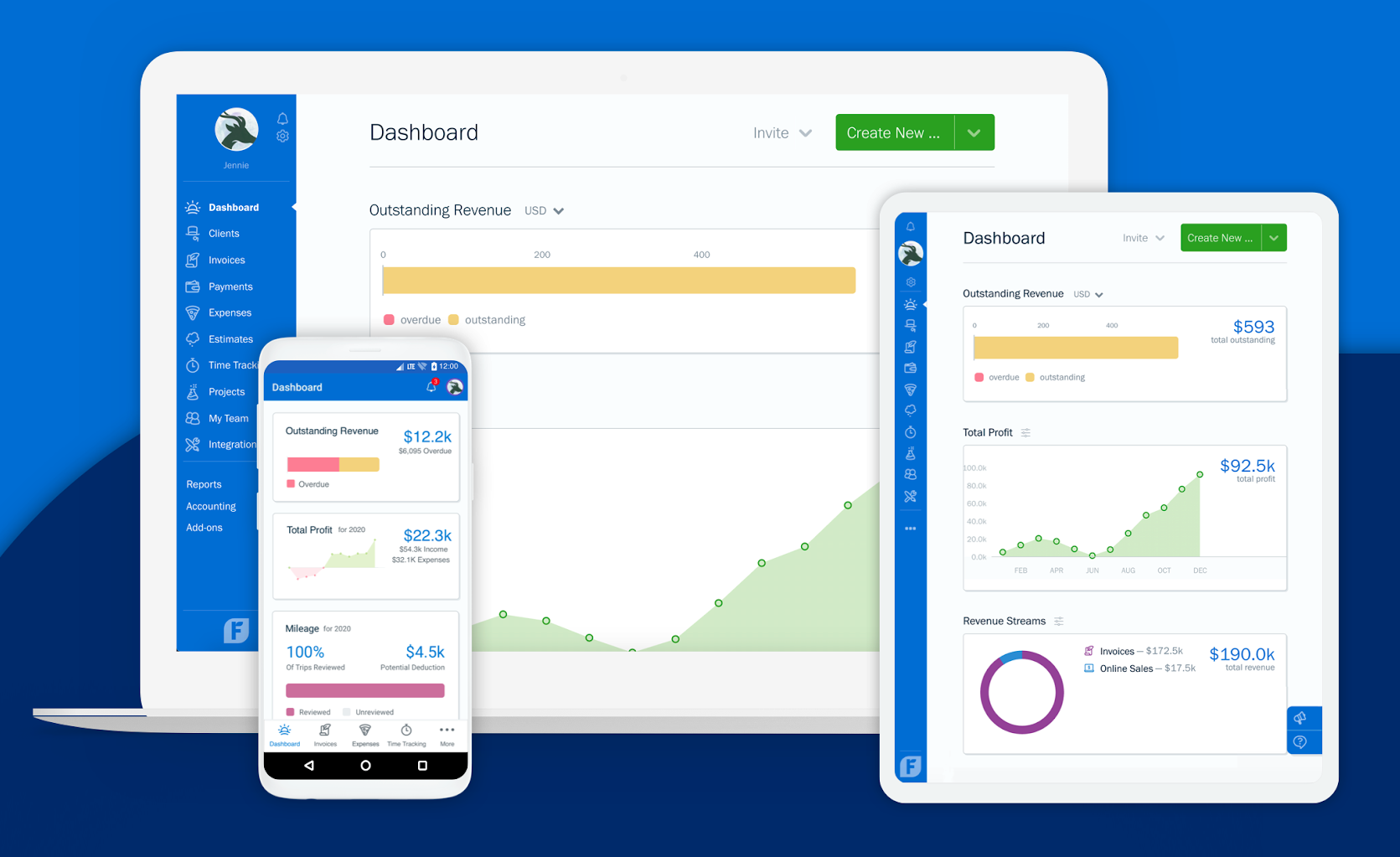
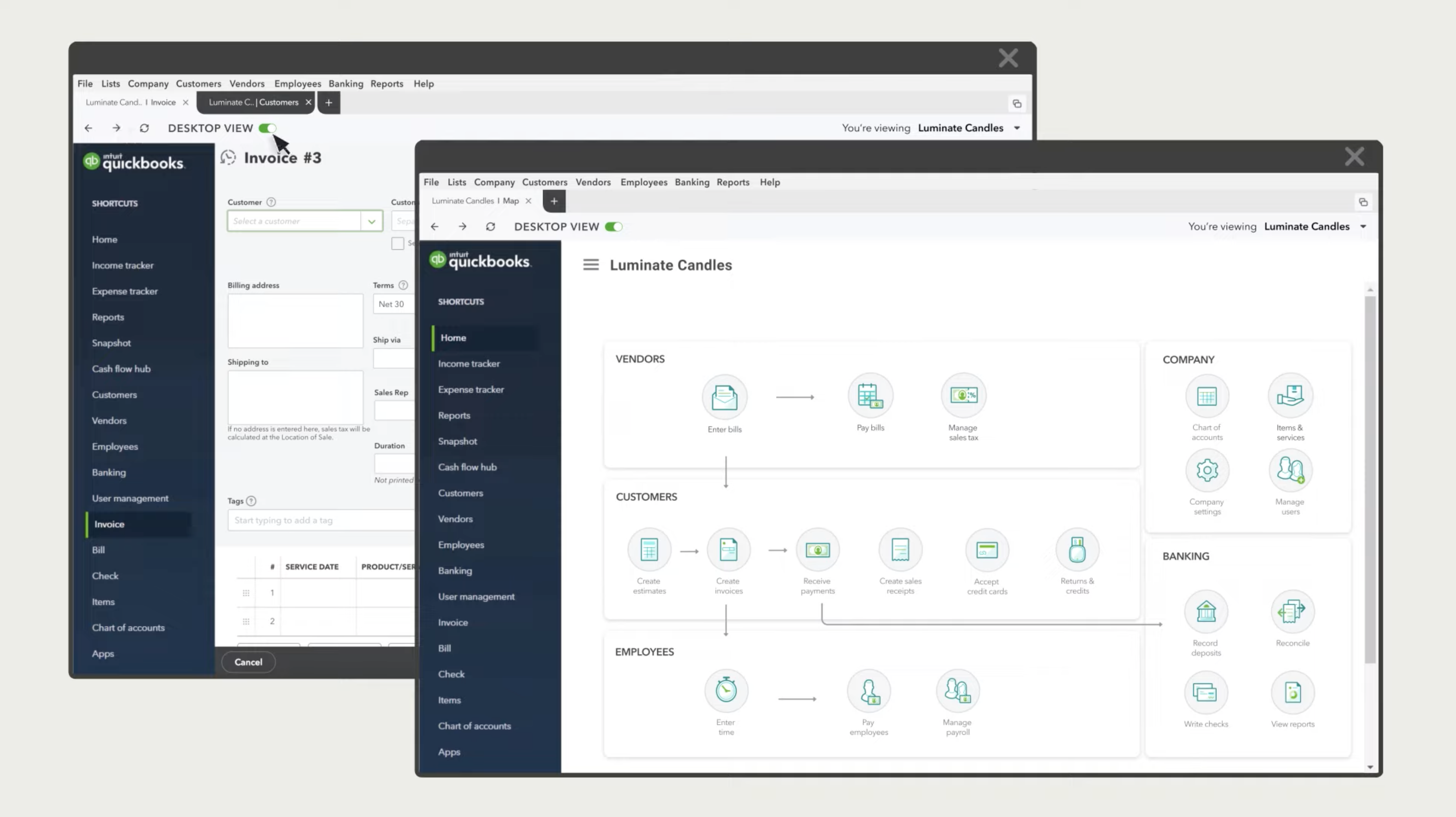
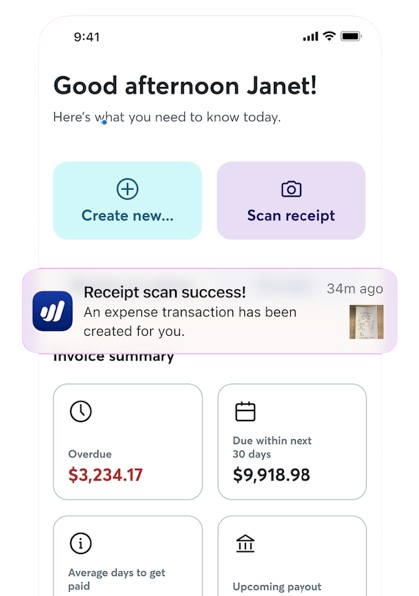
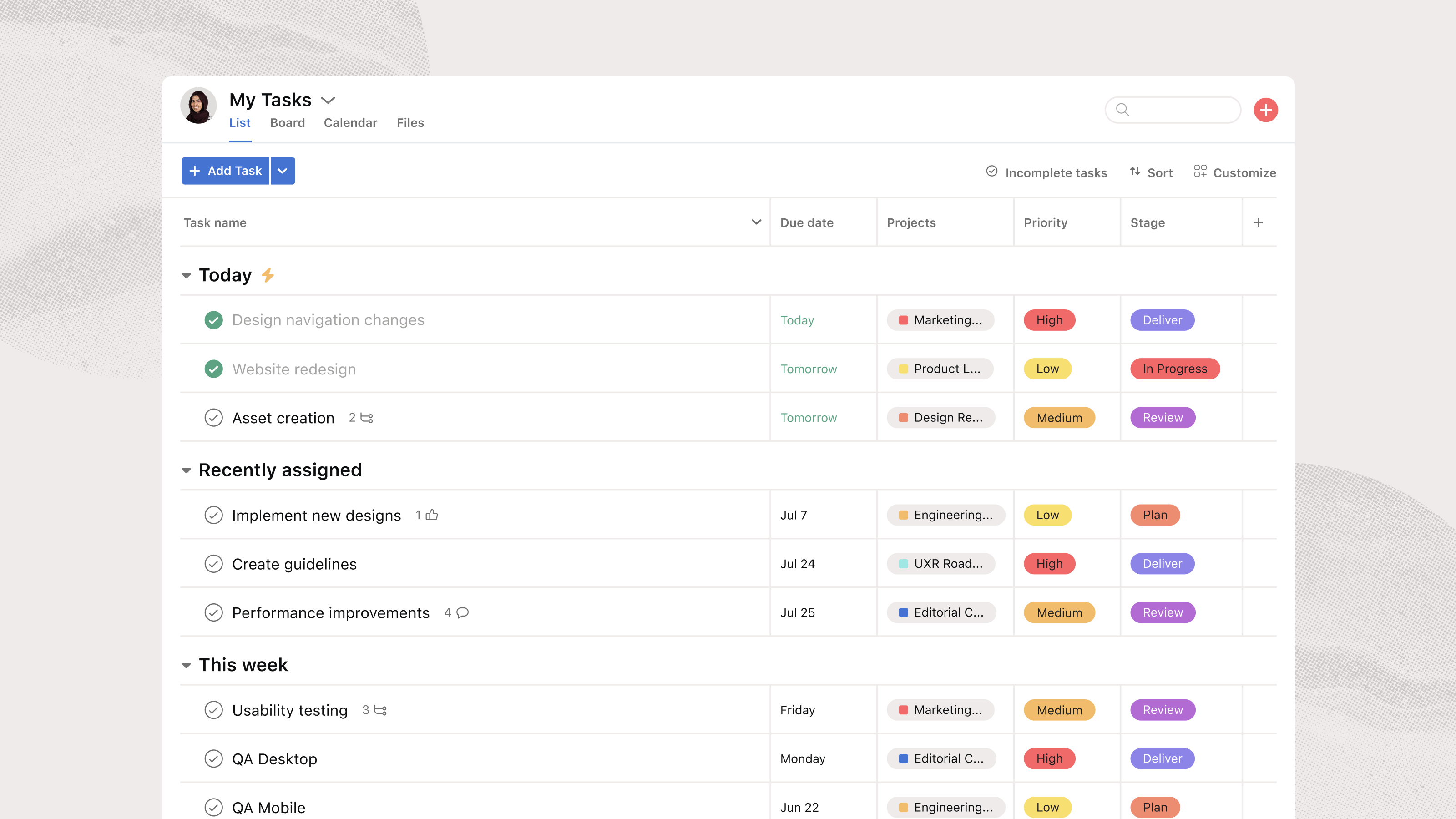
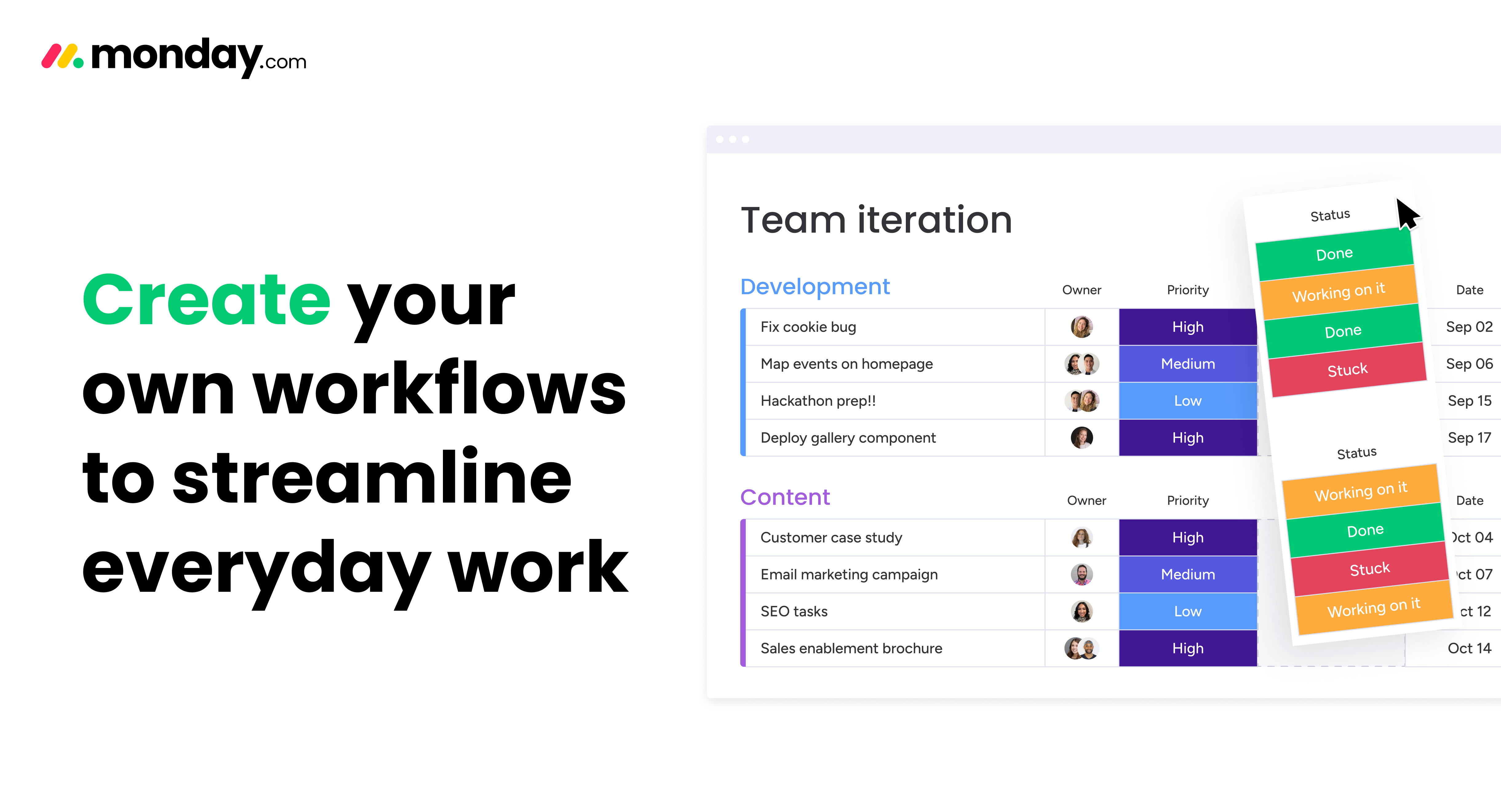
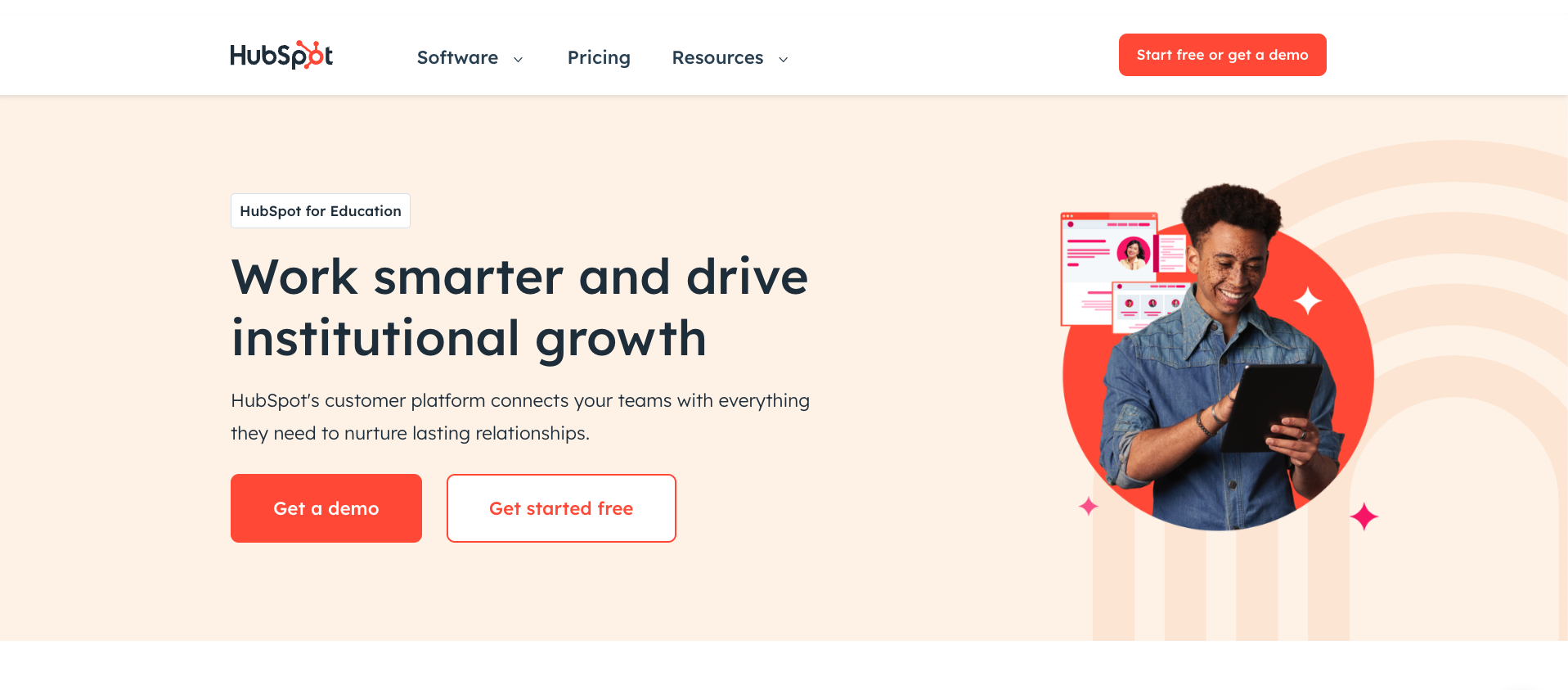
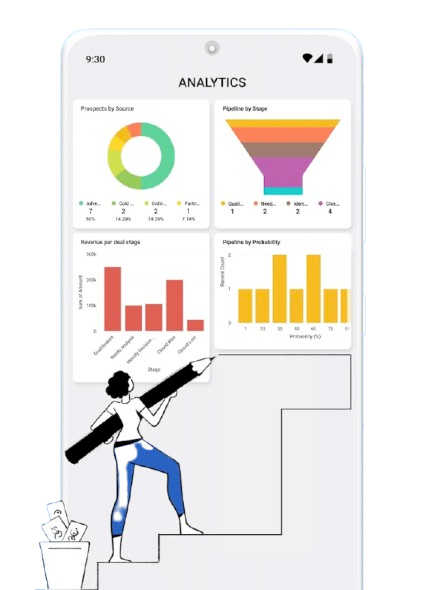






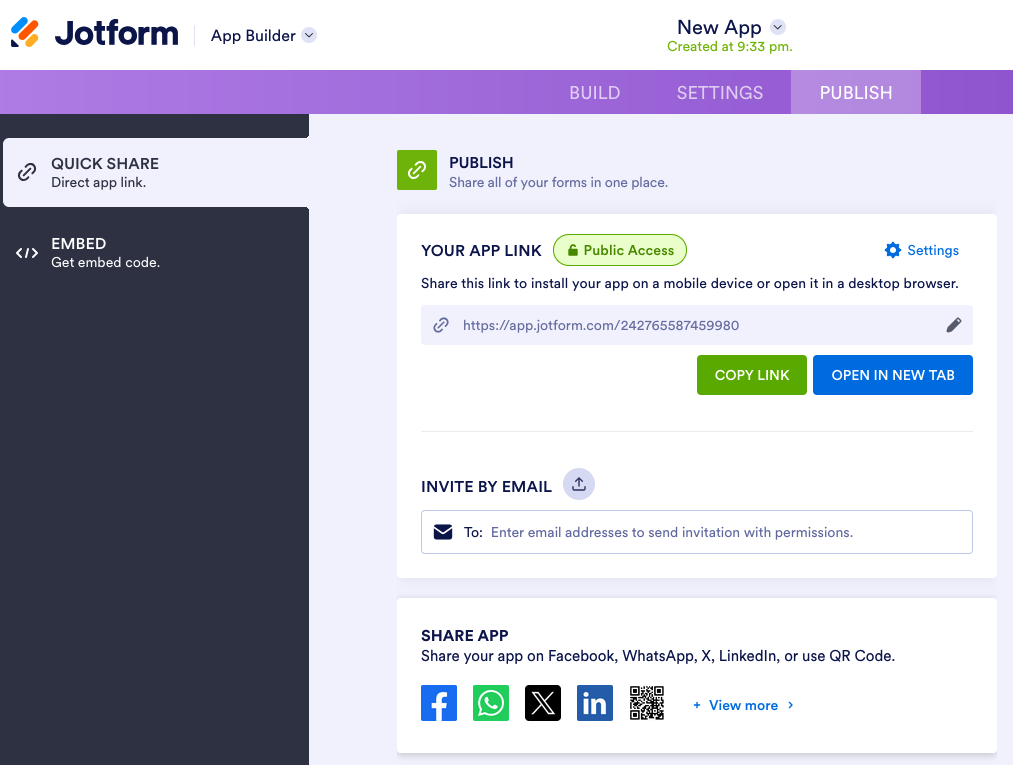


























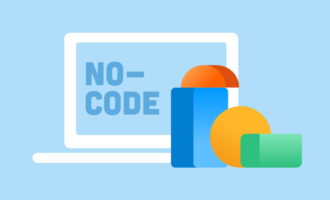






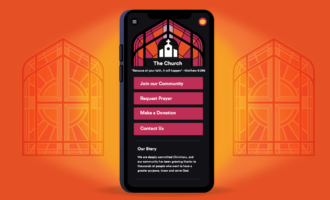




























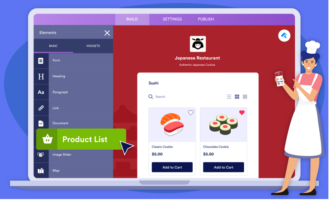






















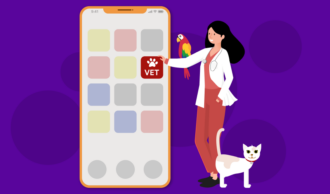










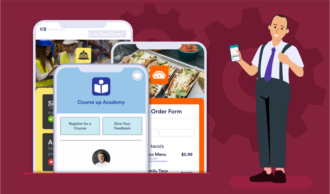




Send Comment: